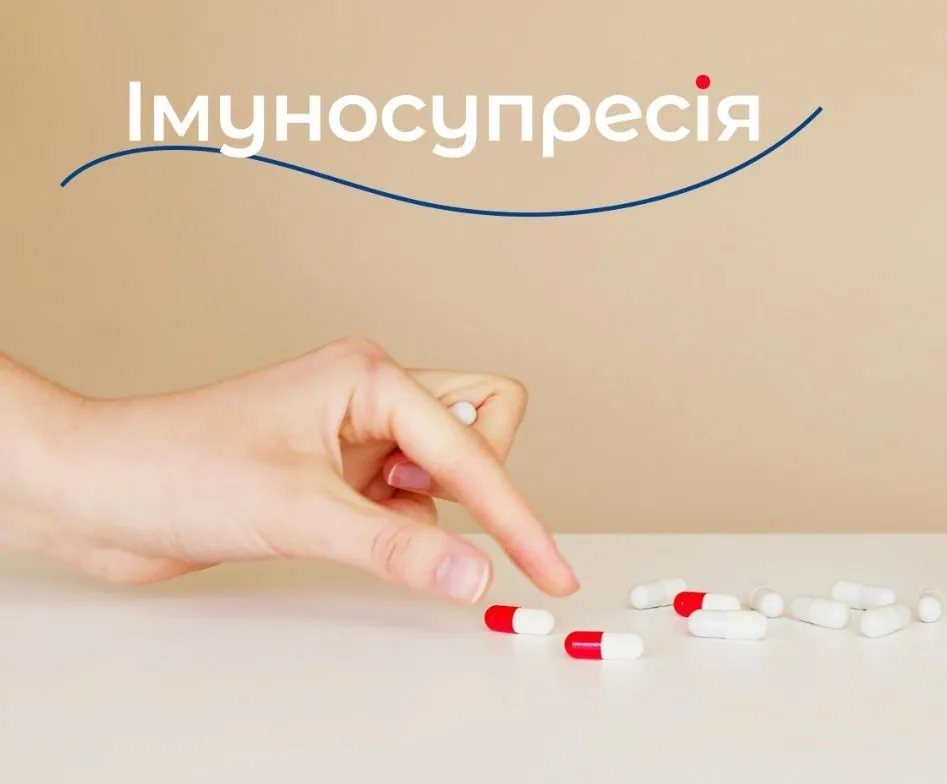Immunosuppression is mandatory after organ transplantation. The Shalimov National Research Center for Surgery and Transplantation explained what immunosuppressants are and how effective immunosuppression is achieved, UNN reports.
About immunosuppression after transplantation Immunosuppressants (or immunosuppressants) are medications that suppress the immune reactions that occur in the body in response to a genetically foreign organ. After transplantation, each patient must take medications (immunosuppressive drugs) for life.
To ensure post-transplant immunosuppression, combinations of drugs are usually used, which are individually selected, taking into account the characteristics of each patient and transplanted organ.
Depending on these factors, approaches may include different techniques aimed at achieving effective immunosuppression:
- Induction immunosuppression
This approach includes all medications that are given immediately after transplantation in high doses to prevent acute rejection. Although the medications can be continued after discharge for the first 30 days after transplantation, they are usually not used long-term.
- Maintenance immunosuppression
After transplantation, post-transplant monitoring is carried out, including the administration of all necessary immunosuppressive drugs before, during or after surgery to ensure long-term protection of the transplanted organ and maintain its functioning.
For example, prednisone, cyclosporine, tacrolimus, mycophenolate mofetil, azathioprine, or everolimus. However, maintenance immunosuppression does not include any immunosuppressive drugs prescribed to treat rejection episodes or for induction.
- Immunosuppression against rejection
This approach includes all immunosuppressive medications prescribed to treat an episode of acute rejection during the initial period after transplantation or for a specified observation period, usually up to 30 days after the diagnosis of acute rejection.
During the hospital stay after transplantation, immunosuppressive drugs are provided by the hospital where the transplant was performed. After discharge, the patient receives a prescription for immunosuppressive medications, with which he or she goes to the pharmacy and receives all the necessary medications free of charge. The correct choice of immunosuppressive drug and dose selection ensure successful organ engraftment and minimize the risk of rejection after transplantation
Директор Інститут трансплантології ім.Шалімова: сучасна війна – це політравма 02.09.24, 18:28
